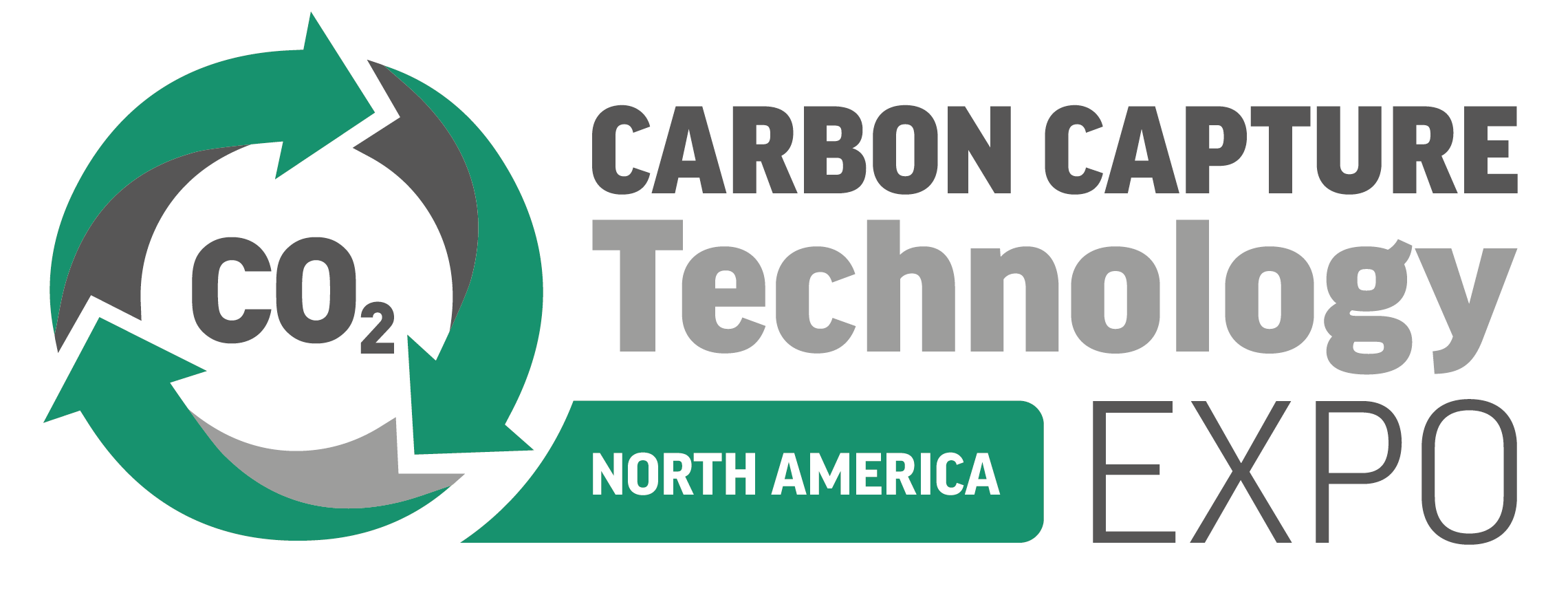ExxonMobil now has the largest Co2 pipeline in the US after completing their deal with Denbury
)
Through an all-stock transaction which valued $4.9 billion, ExxonMobil closed its acquisition of Denbury Inc. This means that ExxonMobil has gained the benefit of owning and operating the largest Co2 pipeline network in the U.S.
The acquisition adds over 1,300 miles and benefits other companies, as well, not just ExxonMobil. Now that the acquisition is complete, the deal states that Denbury shareholders will receive 0.84 shares of ExxonMobil, in exchange for each Denbury share.
The addition to ExxonMobil’s network, now brings it to just under 925 miles of Co2 pipelines in Louisiana, Texas and Mississippi. This is an excellent advancement as this means that ExxonMobil’s network is now located in one of the largest U.S. markets concerned with Co2 emissions. On top of this, ExxonMobil is also able to access over 15 well-places onshore Co2 storage sites, highlighting this company as truly dedicated to discovering low carbon solutions, driving down Co2 emissions and decarbonising the environment.
The Chairman and CEO of ExxonMobil, Darren Woods, commented, “This transaction is a major step forward in the profitable growth of our Low Carbon Solutions business. Our expertise, combined with Denbury’s talent and CO2 pipeline network, expands our low-carbon leadership and best positions us to meet the decarbonization needs of industrial customers while also reducing emissions in our own operations.”
Within this acquisition, Gulf Coast and Rocky Mountain will also be included as these companies are very well-known within the oil and natural gas industry. These companies have been included because of their oil and natural gas operations, which have shown that they have reserves which total an equivalent of over 200 million barrels of oil, as of year-end 2022. Plus, they currently have an estimated 46,000 oil-equivalent barrels per day of current production. Therefore, Gulf Coast and Rocky Mountain were included within the acquisition due to the clear benefits around carbon capture operations they would come with, providing opportunities for the carbon capture technology industry to expand further still, through the potential addition of more operations.
The hope for this new project, once it is fully developed and running at its full potential, will be for it to reach its aim of reducing Co2 emissions by more than 100 million metric tons annually. This potential for the project will be made possible through the assets and capabilities provided through the acquisition. Overall, this aim and the acquisition prove that ExxonMobil are incredibly passionate about reducing Co2 emissions and improve the carbon capture technology industry as much as possible, with the resources that are available to them.



)
)
)
)
)
)



)
)
)
)
)
)

)

)
)
)

)
)
)
)
)
)
)
)
)
)
)
)
)
)

)
)

)
)
)
)
)
)
)
)

)
)
)

)
)
)

)
)
)
)
)

